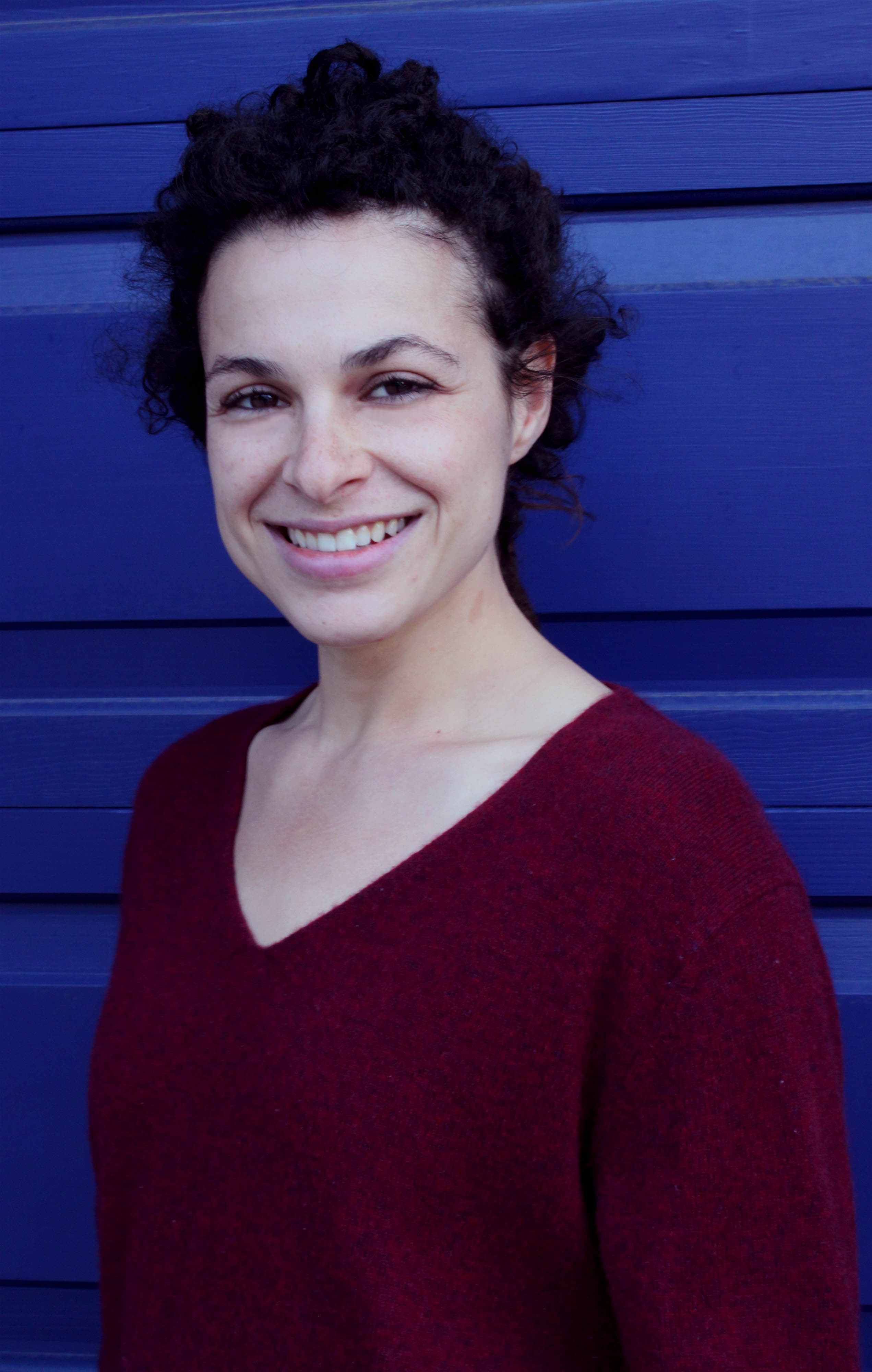 Please give a brief background on yourself and your career.
Please give a brief background on yourself and your career.
When I graduated from Wellesley in 2008 I suddenly realized that I had been so consumed with writing my thesis that I had not given any thought to the “what next?” that inevitably follows Senior Week, Commencement, and the packing up of your dorm room. So, like any good Wellesley woman I improvised. I found a friend who was also unsure of her future, and together we drove across the country, landing in Vail, Colorado jobless, surrounded by inches of falling snow.
I started by working in a library, shelving books 20 hours a week, and then began writing for a medical review based out of Chicago. I also volunteered my time for a small HIV/AIDS Awareness organization in the valley, mostly helping prepare grant applications and manage their social media outlets. Eventually I suggested they build a website. This suggestion is really what kick-started my career.
I have always been a writer. I double majored in English and Women’s Studies with a Creative Nonfiction focus, and outside of changing my Facebook profile photo I never found the interwebs compelling. I actually almost failed (okay, an exaggeration!) my first (and only!) computer science class at Wellesley! But I was passionate about this nonprofit and getting it online.
I eventually found Prosper Webware nestled in Avon, a small town 25 minutes down the road. A company of four guys and three dogs, it exemplified a true startup. They agreed to build our website mostly pro bono if I would handle all the project management and content development. It turned out to be hard and wonderful. They hired me full-time a few months later.
Five years later, you’ll find me living in San Francisco surrounded by every kind of startup you can imagine, having worked at Google for 3+ years.
How has your career changed since you originally envisioned it at Wellesley? What other careers did you consider as a student?
I always thought I’d work in publishing, and write poetry and short nonfiction pieces on the side. Every summer during my time at Wellesley I’d take the Fung Wah down to New York to find myself working with writers, literary agents, publishing houses, and knee deep in slush mail. I really, really liked it; however, over time, I realized that many of the folks I met along the way were frustrated with the industry, and their love of writing was becoming compromised. As a result, I considered studying law, or maybe pursuing a PhD in English or Anthropology after college. I never considered Tech.
How has Wellesley contributed to your career?
The way Wellesley has contributed to my career is not immediately obvious: It helped develop a foundation from which I view the world and a framework with which to negotiate the day-to-day. When I first left college, it gave me the confidence to try new things and to communicate my value to individuals. After I had been working for a while, this foundation kept the ‘imposter syndrome” at bay and allowed me to better understand the gendered dynamics of working in a predominantly male industry and space. Wellesley not only helped me build a strong sense of my voice, but reaffirms it when it echos in an unreceptive room. It reminds me to sit at the table and continually strive for more. And while it may sound cheesy – its mission “Non ministrari sed ministrare” or “Not to be ministered unto but to minister,” has always remained present in my mind, encouraging me to volunteer, mentor, and serve as much as possible in my role.
What is a typical work day or work week like for you?
Oh, I can’t really answer this question. The wonderful thing about Google is no day is the same. Just like life, it reacts to demands and opportunities. All I can say is, generally I expect to attend some meetings, try to improve the content my team produces for our vendor partners, and engage with our products and customers.
What piece of advice would you offer students looking to get into your area of interest and expertise?
Don’t let what you studied or didn’t study hold you back or make you feel like you’re already committed to a path. You’re a Wellesley woman, which means you know how to think and exert yourself, and you can figure out how to navigate in any industry in any corner of the world.
What do you wish you had known as a student?
There is less time to read when you’re working full-time, and when you do get a chance – blogs and newspapers will not feed you the same way Nabokov, James, Atwood, Walker, and Rich do. Read as much as you can.
If you could come back and take one class at Wellesley what would it be?
Anything with Frank Bidart.